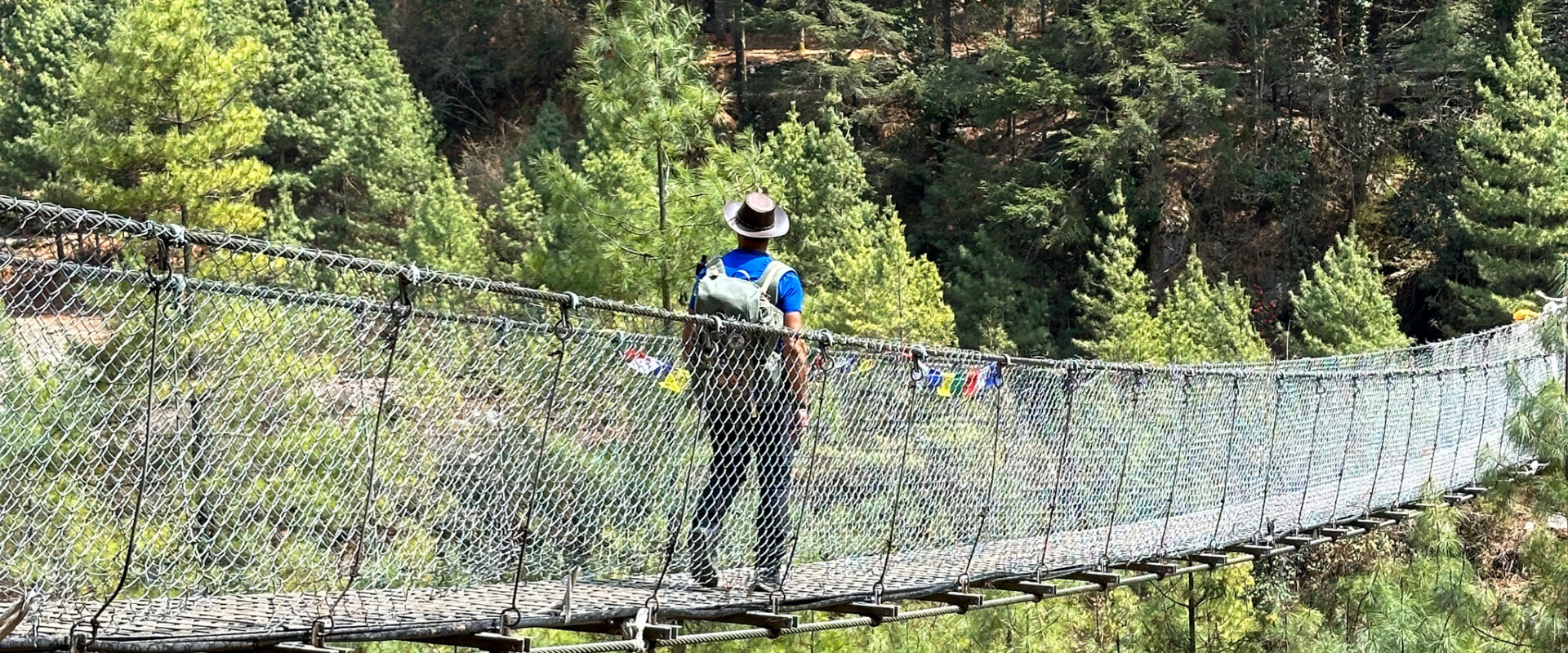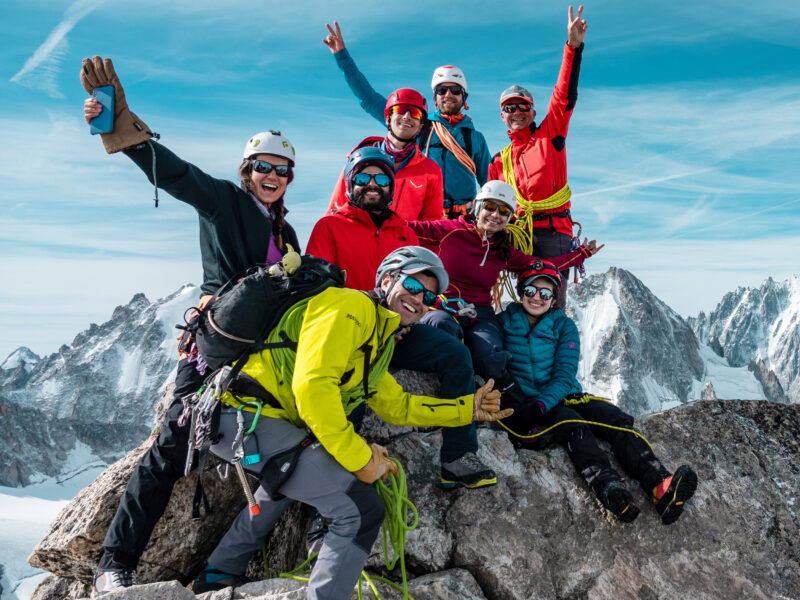BY Rami Rasamny | July 16 2024
Guided vs. Self-Guided Treks to Everest Base Camp: Making the Right Choice

Embarking on a trek to Everest Base Camp (EBC) is a dream for many adventure seekers, offering unparalleled views of the world’s highest peak and an opportunity to immerse oneself in the rich culture of the Himalayas. However, when it comes to planning the journey, trekkers are often faced with the decision of whether to go guided or self-guided. Both options have their merits, and choosing the right approach depends on individual preferences and priorities.
Guided Treks
Guaranteed Tea House Spaces:
One of the main advantages of guided treks is the assurance of accommodation in tea houses along the route. Guides typically have established relationships with tea house owners, ensuring that trekkers have a comfortable place to rest each night.
Cultural and Historical Insights:
Guides provide valuable insights into the history and culture of the region, enriching the trekking experience with fascinating anecdotes and stories passed down through generations. Trekkers gain a deeper understanding of the local Sherpa community and their way of life.
Attention to Detail:
Guides are adept at pointing out small details along the trail that might otherwise go unnoticed. From identifying rare flora and fauna to explaining geological formations, guides enhance the trekking experience by providing valuable context and information.
Emergency Response:
In the event of a medical emergency or unexpected challenges on the trail, guided treks offer the security of having a trained professional on hand to provide assistance and coordinate evacuation if necessary. Guides are equipped to handle a wide range of situations, ensuring the safety and well-being of trekkers.
Logistical Support:
Guides take care of logistical challenges such as navigating the notorious Lukla airport, securing permits, and arranging transportation. This alleviates stress and allows trekkers to focus on enjoying the journey without worrying about administrative tasks.
Self-Guided Treks
Independence and Flexibility:
Self-guided treks offer the freedom to plan and execute the journey according to personal preferences. Trekkers have full control over logistics, trail selection, and pace, allowing for a customized experience tailored to individual interests.
Choice of Accommodation:
Without a guide, trekkers have the flexibility to choose their own tea houses upon arrival, based on factors such as comfort, amenities, and atmosphere. This independence allows for spontaneous decisions and the opportunity to explore different options along the route.
Unfiltered Adventure:
Solo trekkers experience the thrill of navigating the trail independently, making decisions and calculations along the way. While this can be daunting, it also adds a sense of accomplishment and fulfillment as trekkers overcome challenges and obstacles on their own.
Ultimately, whether to opt for a guided or self-guided trek to Everest Base Camp depends on individual preferences, priorities, and comfort levels. While guided treks offer the convenience of logistical support and expert guidance, self-guided treks provide the freedom to chart your own course and embrace the spirit of adventure. Regardless of the chosen approach, trekking to Everest Base Camp is an unforgettable journey that promises breathtaking landscapes, cultural immersion, and personal growth.
About The Author
Rami Rasamny is the founder of Life Happens Outdoors, a premium adventure travel community dedicated to transforming lives through curated outdoor experiences. A mountaineer and entrepreneur, Rami has led teams on some of the world’s most challenging peaks, from the Alps to the Himalayas. His mission is to make adventure accessible, transformative, and safe for all who seek to push their limits and Come Back Different.
About Life Happens Outdoors
At Life Happens Outdoors, we believe in the power of nature to transform lives. As proud members of the Adventure Travel Trade Association (ATTA) and the World Travel & Tourism Council (WTTC), our team of certified guides and outdoor professionals is committed to the highest standards of safety, sustainability, and excellence.
Discover more about our story and mission on our Meet LHO page, or explore our curated adventures such as the Tour du Mont Blanc Trek, the Climb of Kilimanjaro, and Chasing the Northern Lights.















